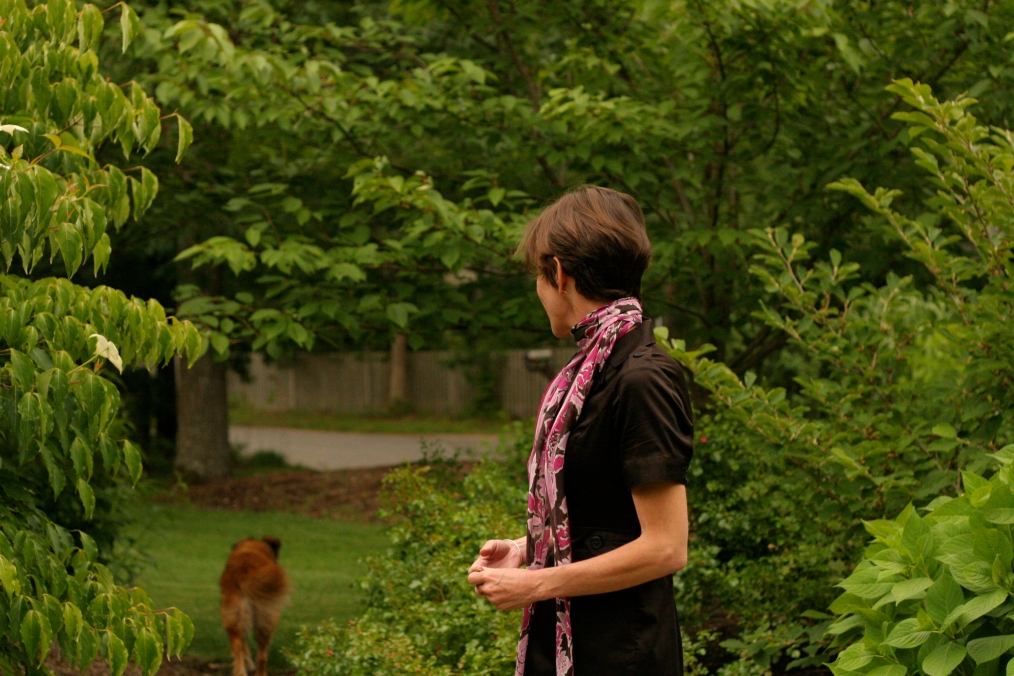 Thank you, Patti Smith! I was so pleased and touched to hear mega rocker Patti Smith acknowledge how worried she was for the late Amy Winehouse as she watched the extraordinary singer’s health decline. As the guest DJ on NPR’s latest All Songs Considered episode, Smith described the evolution of a tribute song to Winehouse. http://www.npr.org/2012/06/19/155291456/guest-dj-patti-smith “I loved her voice and I admired her work. I felt concerned for her lifestyle from a distance – I felt extremely sad when she died.” The song, “This is the Girl” started out as a poem and appears on Smith’s new record, Banga.
Thank you, Patti Smith! I was so pleased and touched to hear mega rocker Patti Smith acknowledge how worried she was for the late Amy Winehouse as she watched the extraordinary singer’s health decline. As the guest DJ on NPR’s latest All Songs Considered episode, Smith described the evolution of a tribute song to Winehouse. http://www.npr.org/2012/06/19/155291456/guest-dj-patti-smith “I loved her voice and I admired her work. I felt concerned for her lifestyle from a distance – I felt extremely sad when she died.” The song, “This is the Girl” started out as a poem and appears on Smith’s new record, Banga.
Having a wild woman like Patti Smith express worry about excessive drinking and other drug use is as powerful as a man speaking out about sexism. She carries an enormous credibility and not many would argue with her. I grew up with a general awareness of Patti Smith, but I must confess I never paid particular attention to her. I guess I assumed she was a stoned out, heroin using Janis Joplin type until I read her fantastic book Just Kids. I am still embarrassed by how wrong I was about her. In Just Kids, which is mainly about her relationship with Robert Mapplethorpe, she also talks about some dear friends and peers who were taken early or badly damaged by drugs – she is not moralistic about it, but she is straight forward about the losses and she herself was not and is not a regular drug user.
Countless students have insisted to me that drug use must have helped Jimi Hendrix, Kurt Cobain and Amy Winehouse. They say things like, “they needed those drug experiences to be able to write that far out music – it was worth it even if they died!” The fact that these talents died in their twenties doesn’t have the desired effect we adults would hope for. Teenagers don’t see 27 year-olds as being particularly young – they are 15 and don’t think they themselves are young! Some kids are truly convinced that drugs help rather than hinder creativity. It seems to me that famous folks like Ernest Hemingway, Judy Garland and John Belushi were remarkable despite their addictions. It also seems to escape adolescents that all of these folks were so desperately isolated at the end of their lives. Amy Winehouse was alone in her apartment when she drank herself to death. All of that fame and all of those people hanging around her couldn’t put a dent in her suffering. It is completely untrue that there is a higher rate of addiction in celebrities, we just hear all about it incessantly and it is rarely taken seriously as a health issue. Even Patti Smith referred to Amy Winehouse’s situation as a “lifestyle”, rather than an illness. Actually, people in the food preparation industry have the highest rates of substance abuse – anyone who has worked in a restaurant with a crazy alcoholic chef knows what I am talking about…

